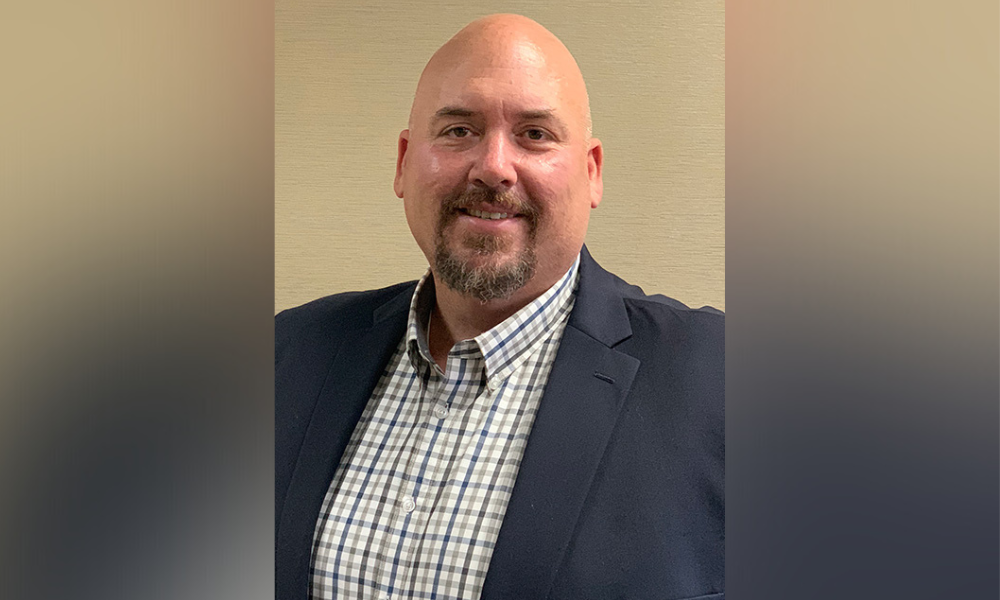Advisors must offer new solutions as debt loads and increased cost of borrowing take their toll

The pandemic has shifted what owners can expect to get out of their businesses when they retire, so advisors need to work with their clients to ensure they’re saving for their futures.
“Businesses are having to deal with the impact of the increased debt loads from pandemic support,” Jason Bechard, senior manager of business advice for the Copperfin Credit Union in Kenora, Ontario told Wealth Professional, noting that the government pandemic support is now due to be repaid.
“Clients are having to figure out how to manage their increased debt load as well as the impact of rising interest rates and inflation, not to mention the current talk of recession and planning for that in the future.”
So, while business owners are accustomed to reinvesting their money back in their business because they believe that selling it will provide their exit strategy, it’s time to help them take a new tact.
“Pre-pandemic that was realistic in many, many cases,” Bechard said. “But, as inflation and the rising cost of borrowing erodes their equity position, it’s becoming a bigger challenge for people to rely on that as their exit strategy.”
While clients may be approaching their advisors to talk about special needs, such as the impact of borrowing money to develop a certain revenue-generating project, Bechard said that’s a good opportunity to start talking to them about taking new steps to ensure their personal future.
“They need to start looking at opportunities to start their investment journey and reduce their future dependency on the sale of their businesses because that’s not guaranteed,” he said.
Given the current economic situation, he suggested advisors even start talking to new business owners about having a “Plan B” when they start, so they have the resources they need to retire. That can be challenging when owners just want to reinvest in the business, but he noted that advisors need to point out that things have shifted and there’s no guarantee, in today’s economy, that their business will provide for the retirement that they’re dreaming of.
Advisors will need to take the time to have some deeper conversations with their clients, so they’re not only empathetic, but can understand the owners’ drive to succeed, their long-term plans, the economic conditions their businesses are dealing with, and their succession plans, so they can help them work out the impact of inflation and the increased cost of borrowing.
“A lot of clients don’t realize how the current economic conditions are impacting the value of their business,” he said.
“So, you have to be aware locally what the economic cycle is, what the market conditions are, and what unique situations their businesses are dealing with, including what their cash flow looks like. You have to understand the business that they’re in. Is it seasonal? So, are they flush in the summer and working off reserves for the winter? That’s important because it ties into the advice that you can give them,” he said, noting that recommending it would be difficult for an owner to have a monthly investment package in a seasonal business. “You need to understand the impacts of their cash flow cycles and come up with a recommendation that matches that.”
Once advisors have the background information, they can offer the client different scenarios or solutions, such as how best to liquidate their investment properties or deal with how capital gains could impact their projections. They can then talk to them about registered retirement savings plans (RRSP) and mutual funds to reduce the impact of capital gains or they could even start group RRSPs to help retain key staff in this tight labour market to ensure their company's on-going value.
“If there’s an opportunity to help them save money, that opens the door to have a broader value-based conversation,” said Bechard. “It’s shifting expectations, so new entrepreneurs entering the self-employed world are more aware of the challenges that they’re currently dealing with.
“Those people who have been in business for some time are often a little less open to looking at things differently. So, it’s up to us to make sure that they’re aware of the challenges ahead of them. But identifying the challenges isn’t enough. You need to come up with some potential solutions.
“There’s been a fundamental shift in the way that people have to view their businesses and what their exit strategies look like. So, we can play a role in helping to ensure they get to where they envision themselves being, and that’s more important than ever.”



